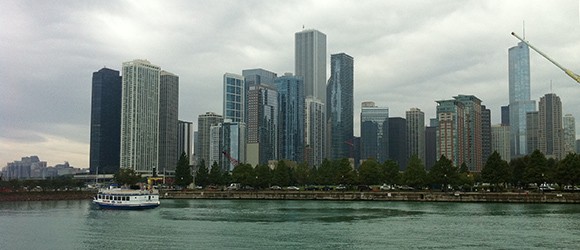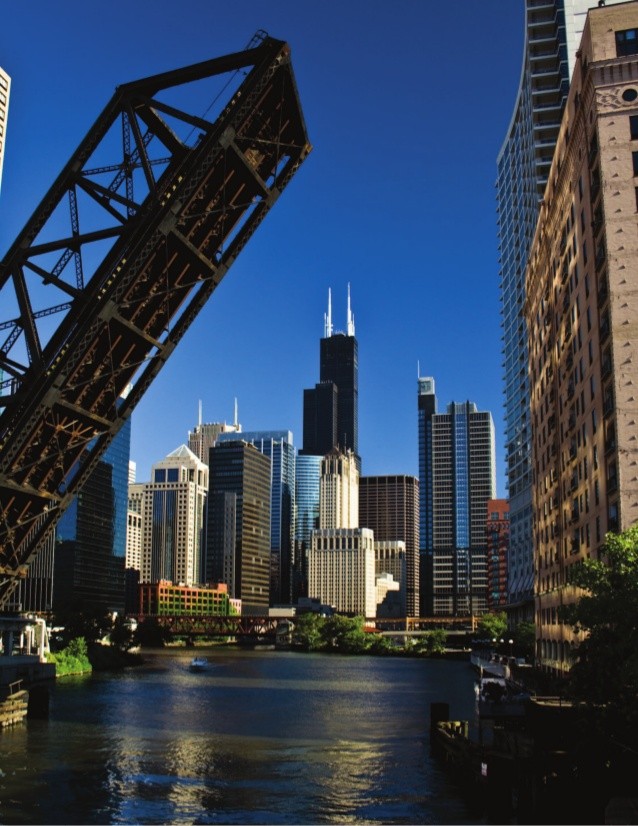Chicago housing market What to expect for 2014
Post on: 16 Март, 2015 No Comment

Some Good News.
2013 was the year the Chicago housing market finally got its grove back. Prices rose 12%, and are now back around 2003-pre-crash and post-crash December 2009 numbers.
While lack of housing inventory was the big story of the year, increased demand really drove real estate prices up and investors and developers back into the market. Try driving anywhere around Lincoln Park, Bucktown or Lakeview and youll see new homes and condos going up, and theres a buzz of new construction all over the city. The spring market, which traditionally starts after Super Bowl, is here in full gear.
and some not so good news.
Even though the stars seem to be aligning for the housing market, very little has changed in the system that provides Americans with mortgages. In addition, the new securities that are being created to buy up foreclosed single-family homes around the country is eerily reminiscent to how banks bundled mortgages not so long ago.
Let’s look more closely at the trends that are going to affect the Chicago housing market in 2014.
1. Chicago home construction is back.
Whats exciting to see as you drive around the city? Builders are back. These guys were wiped out in 09, many losing everything they had, especially when banks called in their loans, and the builders who wanted to build homes on spec (new construction homes for the general public and not pre-ordered by a client) couldnt get a loan.
Everyone should be happy to see that confidence is now back in home building because builder confidence forecasts a positive 2014 real estate market in Chicago.
What this means for sellers:
The home resale market should remain strong as resale homes will compare well with pricey new construction.
What this means for buyers:
Chicago buyers now have new construction homes and condos to choose from when home shopping. Its been a several years’ draught.
2. Interest rates increase.
Youve probably been hearing that interest rates will rise for some time from your pesky realtor or banker, but now we are seeing cold hard evidence of rising interest rates. Interest rates rose in the first half of 2013 by one full point from 3.3% to 4.2% for a 30-year fixed loan. Still, rates are low by historical standards.
My advice to Chicago home sellers:
If rates do go up, it’s more important than ever to qualify buyers for your home. Asking for things such as proof of funds of downstroke, ensuring to get strong prequal letters with all offers, and even considering seller financing are all tools at the sellers disposal.
My advice to Chicago home buyers:
If youre thinking of buying in the next year or so, reconsider buying this year and locking in a good rate. At the very least, call your lender and discuss the difference in your buying power and the amount of downstroke needed to buy if rates were to rise to 5-7%.
3. Bank credit requirements remain tough.
Its a double edge sword: banks credit requirements are almost as strict as in the worst moments of the financial crisis. This means fewer subprime loans by not lending to unqualified buyers, but it also means the average American family with an average credit score is now locked out of the home buying market(a credit score of 620 is considered subprime).
What this means for sellers:
Ensure that when you list your home for sale, it’s priced realistically, at or near what you as a buyer would be willing to pay. The bank appraiser will not give brownie points for things you may find charming. A critical eye and good reading of comps (comparable sales) is important.
What this means for buyers:
Make sure to be saving money for a strong downstroke. Very frequently homes in multi-bid situations are going at or above asking price. In these kinds of situations, youll need greater than 20% downstroke. Also, check your credit score and dont buy big-ticket items right before you plan to buy a home.
4. Home Prices continue to rise 2014, especially in Chicago.
According to the Calculated Risk Blog. most real estate websites that crunch numbers predict that housing prices will continue to rise in 2014. The average of the home sale rise predictions by the big four (Zillow, Fannie Mae, Merrill Lynch and Wells Fargo) is a 5% increase in 2014.
My advice to Chicago home sellers:
More good news for home sellers. Its smart to consider selling in 2014. Like they say, strike while the iron is hot.
My advice to Chicago home buyers:

Be prepared to pay a little more for a home in 2014 than 2013. When home shopping, look for homes that can also be improved. Remember, the cosmetics, paint, new granite and marble and hardwood are easy. Whats tough? Changing a layout, sunlight and location.
5. Housing inventory remains low.
Chicagoans should be excited by what is happening in the home sale market. Weve had the best news in about six years but the low inventory numbers tell us not enough people are motivated to sell. The Chicago area had 28,000 homes for sale in December, about 3½ months of supply. Thats down 27% from a year ago according to Redfin.
What this means for sellers:
Now is a great time to sell! Better to sell in a low-inventory market than when the housing market is flooded.
What this means for buyers:
Think about what we call the 80-20 rule of real estate when home buying. A good fit is finding a home that fulfills 80% of what you want. Finding the perfect home the perfect 100% is probably only possible if you custom build from scratch.
6. Homes and Bonds Déjà vu.
Is creative financing back in the housing business? Whats emerging today in selling the single-family foreclosure market (the new securities bundling) is striking many analysts as too similar to the mortgage imbrolio that got us into a global financial crisis. While its good to see that foreclosure numbers are down, the fact that they are being bought up by the thousands, turned into rentals and sold as securities raises questions.
As reported by the New York Times. American Homes 4 Rent went public last year with a value of about $3 billion, and is planning a bond issue to raise funds to buy homes for rent. Worries of the downside of these large-scale investments have to do with what happens when they fail. If a large buy-to-rent firm falters, it has the ability to affect an entire local housing market by dumping properties and prices.
What this means for sellers:
This really doesnt have any immediate impact on sellers unless the worst-case scenario happens and you happen to live in an area with a high amount of foreclosures. Of course that can change if these types of ventures go big scale the way mortgage backed securities did.
What this means for buyers:
The average buyer is not affected by anything short-term in this scenario.
If you want to better understand how the current Chicago housing market can affect you as a home buyer or seller, contact me at lissa@lissaweinstein.com or 773.405.6315 to set up a private consultation.














